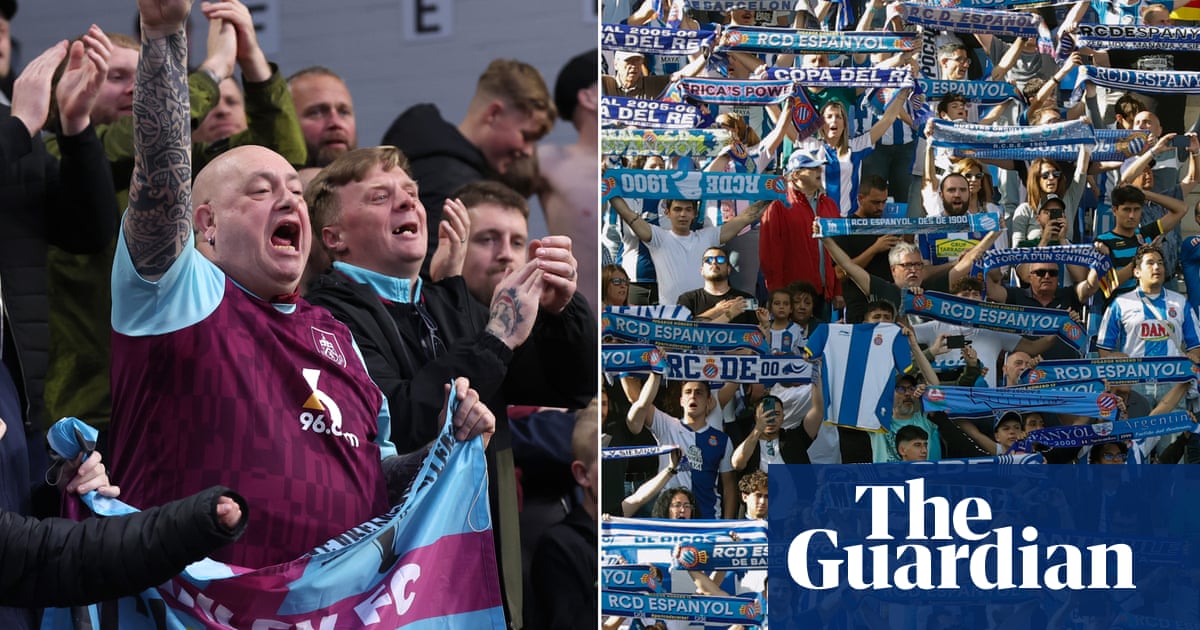Burnley’s owner is in advanced negotiations about buying a stake in the Spanish clubEspanyolin what would become the Premier League’s latest multi-club operation.
Espanyol would be the second club owned by ALK Capital, the investment company operated by Burnley’s owner, Alan Pace, whose website says its ambition is to establish a multi-club sports platform. The American businessman previously owned Real Salt Lake in Major League Soccer before selling upto buy Burnley, paying £170m for 84% of the club in December 2020.
ALK Capital has held talks with several Spanish clubs about a potential investment over the past few months and an offer is understood to have been made for Espanyol, the second club in Barcelona. The size and price of the proposal is unclear.
Espanyol are owned by the Chinese company Rastar Group, which specialises in toy car production, and have been on the market since they were relegated fromLa Ligatwo years ago, with a valuation of about £110m. They were promoted via the playoffs the following season and stayed in the top flight, finishing 14th.
Burnley’s investment would give them preferential access to young European and South American players, and is part of a growing trend of Premier League clubs trying to invest in Spain. The country’s longstanding ties with South America, proximity to north Africa and liberal player registration rules make it a natural entry point for youth talent from outside the EU. Many South American players obtain dual citizenship in Spain, making them easier to sell on to other European clubs.
City Football Group was the first Premier League-linked group to buy a Spanish club with its 2017 purchase of Girona, who were subsequently promoted to La Liga and qualified for the Champions League for the first time by finishing third in 2024. Aston Villa’s owner, V Sports, last year bought a stake in Real Unión, who were relegated from the third tier in May. This year Brentford’s owner, Matthew Benham, bought Mérida AD, who are in the third division.
Liverpool’s owner, Fenway Sports Group, had talks this season about buying a stake in the second division club Málaga but has not completed the transaction.
Multi-club ownership has exploded in recent years, although Burnley’s proposed investment in Espanyol comes at a time when the model is facing scrutiny becauseCrystal Palace could be prohibitedby Uefa from taking part in the Europa League because their co-owner John Textor is the majority shareholder at Lyon, who have also qualified. In 2020 fewer than 60 clubs were part of multi-club operations but that number is now more than 400.
Sign up toFootball Daily
Kick off your evenings with the Guardian's take on the world of football
after newsletter promotion
Burnley declined to comment.
